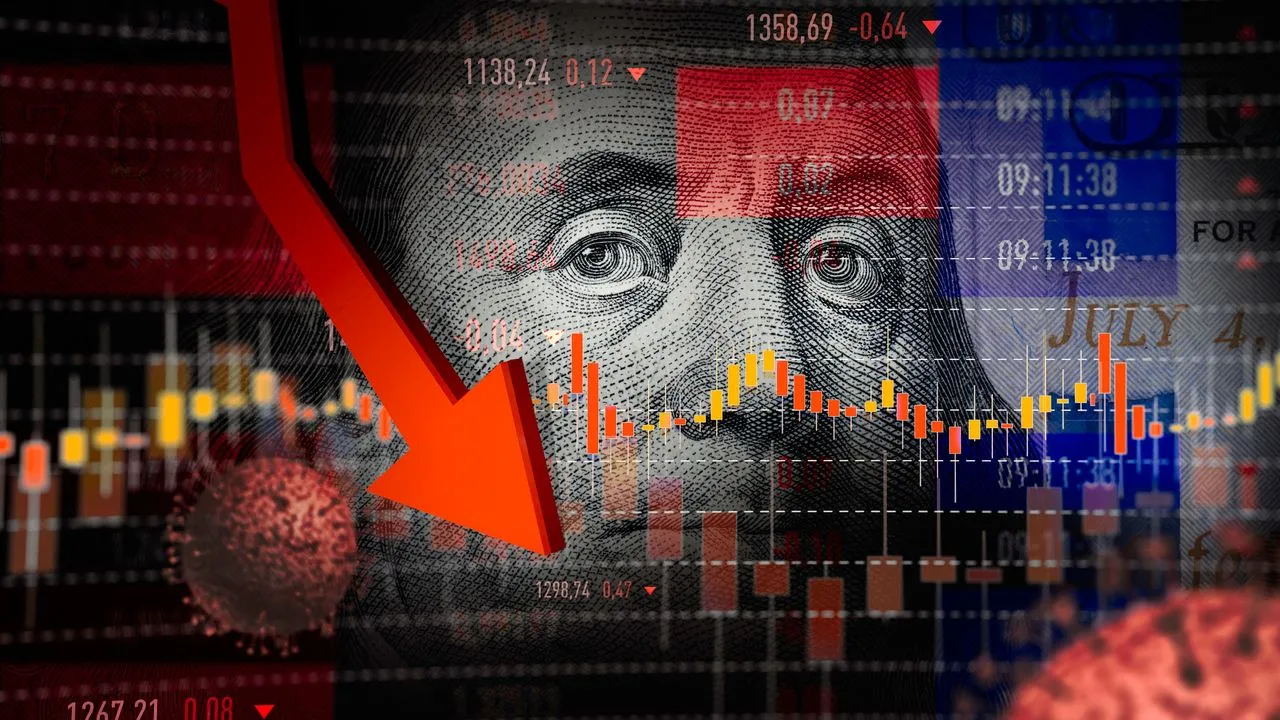After The Worst Week Of 2023 For The Indexes, U.S. Stocks Open Higher
After indices experienced their worst week of the year due to worries about rising interest rates, U.S. stocks began higher on Monday, indicating a minor recovery.
Shortly after the opening bell, the S&P 500 increased 0.8%, the Dow Jones Industrial Average increased by 225 points, or 0.6%, and the Nasdaq Composite increased by 0.9%.
This month, stocks have suffered as investors have been forced to reevaluate their assumptions that easing inflation pressures will allow the Federal Reserve to soon end its rapid interest-rate rises. Instead, investors have increased their wagers that the Fed's policy rates will rise much over 5%, and they are preparing for further market volatility.
On Monday, Treasury yields decreased, with the benchmark 10-year U.S. note's yield down to 3.916% from 3.948% on Friday. After closing at its highest level since July 2007, the yield on the 2-year note, which is more sensitive to predictions regarding Fed policy, decreased.
Although recent inflation surprises have rattled markets, selloffs have been rather brief, according to James Rutherford, head of European equities at Federated Hermes.
"This week, some of the statistics alarmed individuals, which caused yields to increase once more. Yet, as of this Monday morning, that has actually been largely forgotten, according to Mr. Rutherford. The market is not looking at next month's inflation report, it is looking at six months, nine months, or even 12 months. Nonetheless, people are slightly hardened to it and recognize that rates may move a little bit higher.
The Nasdaq Composite was up about 9% as of Friday, while the S&P 500 was still up 3.4% for the year. This is due to the continued strong performance of tech firms like Apple and Meta. Blue-chip Dow has decreased by 1%.
Stock futures extended advances after data on US durable goods orders prior to the opening bell. New orders for durable goods dropped faster than anticipated 4.5% in January, but new orders for nondefense capital goods excluding aircraft grew 0.8% from the previous month, a frequently monitored indicator of business investment.
This week's data on US manufacturing, services, and inflation will also be watched by investors.
The Trade Algo Dollar Index, which compares the value of the dollar to a basket of other currencies, fell 0.2% on Monday, signaling a weakening of the dollar.
Investors anticipated developments on a crucial Brexit settlement as the British pound increased 0.6% to $1.2019. U.K. Ursula von der Leyen, president of the European Commission, and Prime Minister Rishi Sunak are scheduled to meet on Monday to try and reach a deal about the commercial status of Northern Ireland.
To $1.0584, the euro increased by 0.4%.
Stocks from abroad were diverse. The UK's FTSE 100 gained 0.8% while the Stoxx Europe 600 increased by 1.3%. Asian markets declined, with the Hang Seng in Hong Kong falling by 0.3% and the Nikkei 225 in Tokyo declining by 0.1%. The Kospi index for South Korea fell 0.9%.
Prices for oil dropped. Brent, the world's most actively traded oil contract, was down 0.4% at $82.45.

Subscribe to our newsletter!
As a leading independent research provider, TradeAlgo keeps you connected from anywhere.








